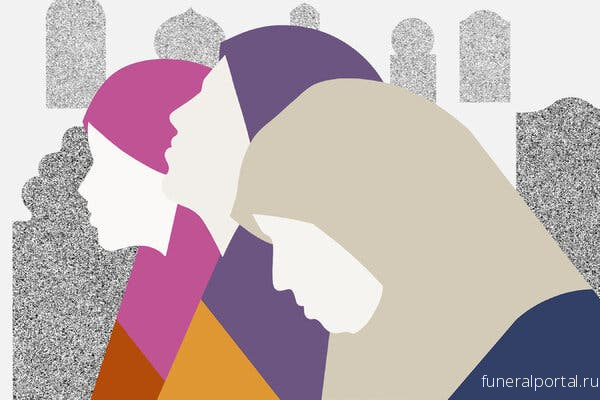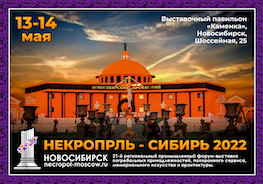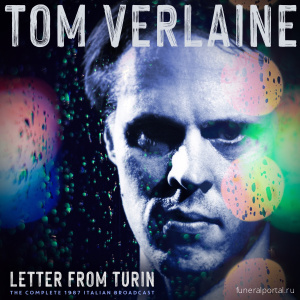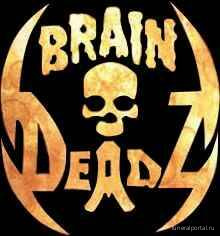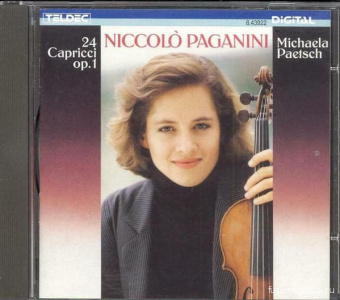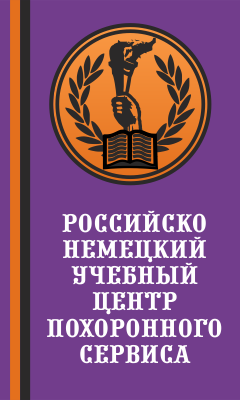All I could think about was how quickly the first 40 years of my life had flown by and how nothing was guaranteed ahead.
By Huda Al-Marashi
We had barely clicked our seatbelts into place when my mother said, “Do you mind if we stop at the cemetery?”
I knew my mom couldn’t bear to make the trek from where we lived in Monterey to the larger city of San Jose without paying her respects to my grandfather, but that afternoon was not a good day for me to visit a graveyard.
My mother, daughter and I had just left my 40th birthday party, a girls-only gathering I had hosted in 2017 with a friend whose birthday fell three days after mine. Normally I love a good ladies’ party, an institution in our Muslim-American community. Having no male guests means the women, those who wear the hijab and those who don’t, can dress and dance freely.
Today, it’s one of the things I miss most in the age of Covid-19, but back then I struggled to get through the celebration. My aunt had recently passed away from breast cancer, and one of my best friends from high school had undergone treatment for the same. All I could think about was how quickly the first 40 years of my life had flown by and how nothing was guaranteed ahead.
When we took to the dance floor after our buffet lunch, I felt time pressing down on me. I hadn’t been to a party with so many of these women since we’d attended each other’s bridal showers and weddings, our futures stretched out in front of us, our lives full of possibility. Now I knew the things we’d become, the things we wouldn’t. Now I was a mom with a 12-year-old daughter, huddling with her cousins, their phones in hands. Now my mother was the respectable grandmother, clapping on the sidelines even though she was a better dancer than all of us put together.
At the start of one of our favorite Arabic songs, my mom finally gave in and joined me at the center of a circle of clapping women. I hoped for a lift if not a burst of joy, but instead my brain settled on math. How much longer did I have to dance with my mother like this?Hot, fiery tears stung my eyes, but not wanting to shift the mood of the party, I danced on, my face turned toward the ceiling, avoiding my mother’s gaze. I gulped down hard, and after another song, it was with some relief that we began to pack up. My mother found a corner to say her afternoon prayers, and I gathered our things and loaded the car.
From the passenger seat, my mom now added to her request, “You could say your prayers at the cemetery.”
To this, I had no argument. I would not make it home before the sun set and the time for the afternoon prayers had passed.
A short drive later, I parked in front of the Muslim section situated between a community mausoleum and a fenced-in Jewish area, with all the familiarity of pulling into one’s driveway.
My Iraqi-born grandfather was the first person in our household to die in America. This was a relatively new thing for us, for America to be the land where my fathers died. Every time I came, I thought about how I was tied to this patch of earth forever. My parents had plots on top of my grandparents.Getting out of the car, I tried to shake away the image of the agony that awaited me here. I unfurled a prayer mat on the grass to the side of my grandfather’s tombstone and recited my afternoon prayers, my daughter at my side, our foreheads pressing into the grassy ground, while my mother read from the Quran.
Back in the car, my mom thanked me for stopping. “Your grandfather would have been so happy to see you on your birthday,” she said, and then she turned to my daughter in the back seat and continued, “It’s good to come here because we can get so caught up in our lives, we forget that this is where we’re all going to end up. Death spares no one, young or old.”
I felt a snap of irritation. I didn’t want my daughter getting mired in the terrible eventualities I had not been able to shake.
I pointed out the family having a picnic around a carefully tended grave, and meeting my daughter’s eyes in the rearview mirror, I said, “I try to focus on the love. Every flower you see here is from someone who came to visit a loved one.”
“But it’s just so sad,” she said.
Her simple statement released the tightness I’d been carrying with me all day. I was sad. I was sad that a certain amount of living was behind me. Sad that people I loved would die and not always in the order of old age. Sad that if illness or tragedy did not take me first, I’d have to endure the loss of all my elders.
An Arabic expression came to mind that I’ve thought of often during these long pandemic months filled with grief and loss. Inshallah, tuqbirni. It’s a term of endearment that I’d always considered morbid, God willing, you’ll bury me. It’s said casually, a loving squeal from a parent or grandparent to a child, an aunt or uncle to a niece or nephew, but I’ve never said it to my own kids. The sentiment had always struck me as too dark.
However, holding my daughter’s gaze that day, I understood the urge to utter something so fatalistic. Those words not only voiced my heart’s truest desire, but they also offered me some comfort, to know that my deepest dread had a place in a shared vernacular.
May I never live to see the loss of you, I whispered to her then, and I whisper to her now, the heavy phrase unexpectedly light on my tongue. May you be the one to bury me.
Huda Al-Marashi is the author of “First Comes Marriage: My Not-So Typical American Love Story.”
